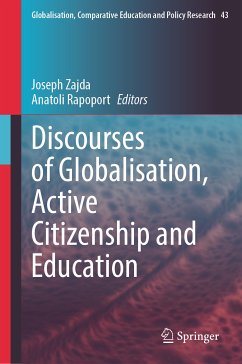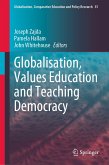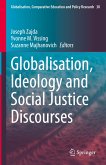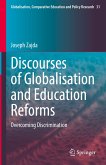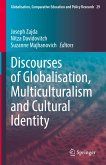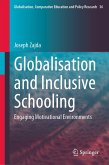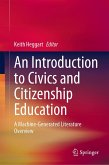This book analyses dominant discourses of globalisation, and citizenship in schools. Diverse worldviews and ideologies construct different meanings for globalization, citizenship, and education, resulting in conceptual debates, tensions, competing discourses, and practical challenges for scholars and educators, navigating complex and contested terrain. The chapters in this volume advance further the discussions on the phenomenon of globalisation, and how it impacts on the nature of active citizenship education in schools around the world. In order to help students recognize that they are inherently global citizens, capable of understanding that local actions are globally interdependent, and that communities can be seen as temporal social networks within and beyond physical space, and action for global citizenship in school. The book, by building on intercultural dialogue and active citizenship education in schools, will promote critical appraisal of various views of the world, and offers different ways to reconstruct and re-imagine social reality.
Dieser Download kann aus rechtlichen Gründen nur mit Rechnungsadresse in A, B, BG, CY, CZ, D, DK, EW, E, FIN, F, GR, HR, H, IRL, I, LT, L, LR, M, NL, PL, P, R, S, SLO, SK ausgeliefert werden.
Es gelten unsere Allgemeinen Geschäftsbedingungen: www.buecher.de/agb
Impressum
www.buecher.de ist ein Internetauftritt der buecher.de internetstores GmbH
Geschäftsführung: Monica Sawhney | Roland Kölbl | Günter Hilger
Sitz der Gesellschaft: Batheyer Straße 115 - 117, 58099 Hagen
Postanschrift: Bürgermeister-Wegele-Str. 12, 86167 Augsburg
Amtsgericht Hagen HRB 13257
Steuernummer: 321/5800/1497
USt-IdNr: DE450055826
Bitte wählen Sie Ihr Anliegen aus.
Rechnungen
Retourenschein anfordern
Bestellstatus
Storno

